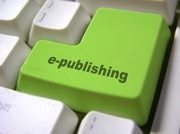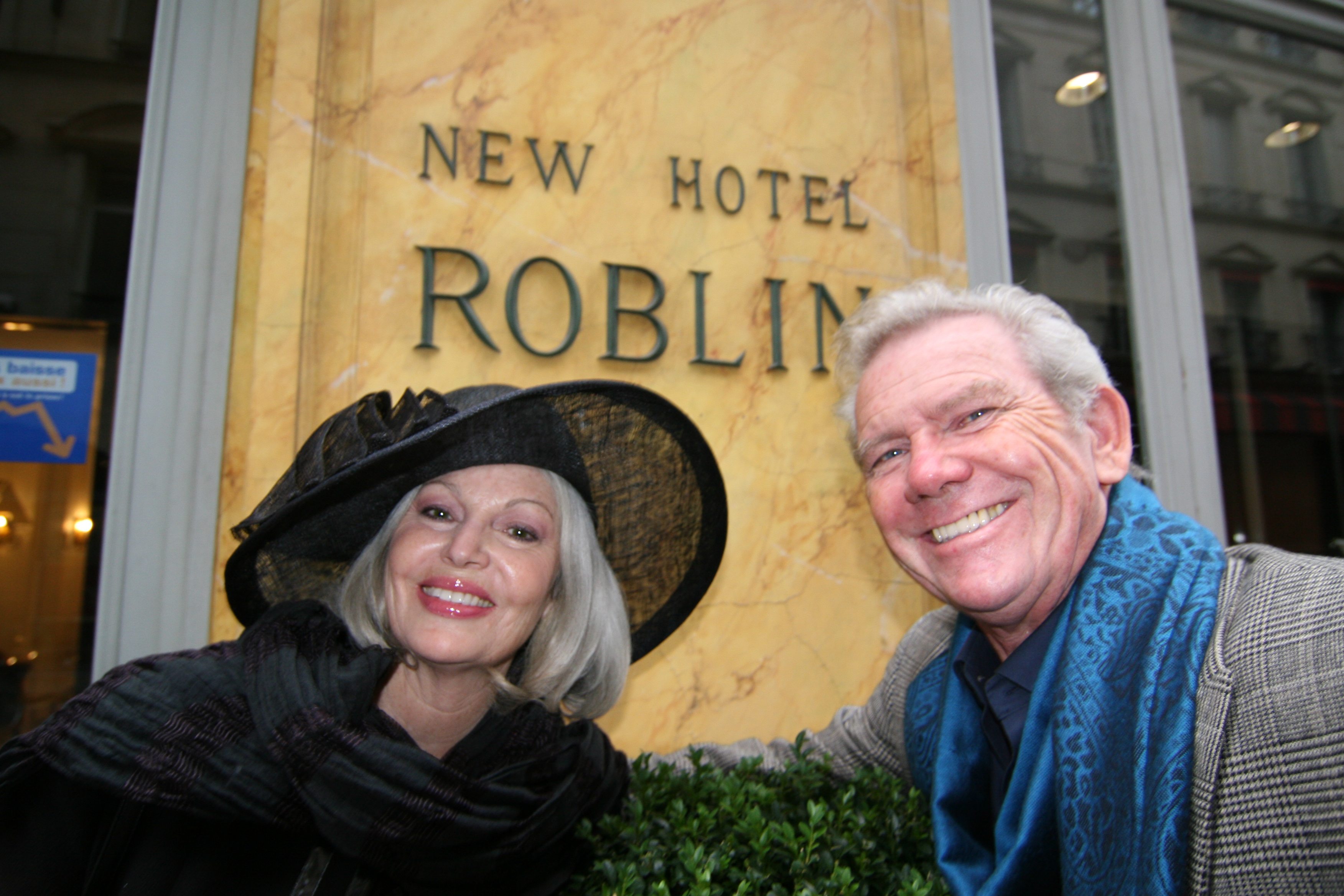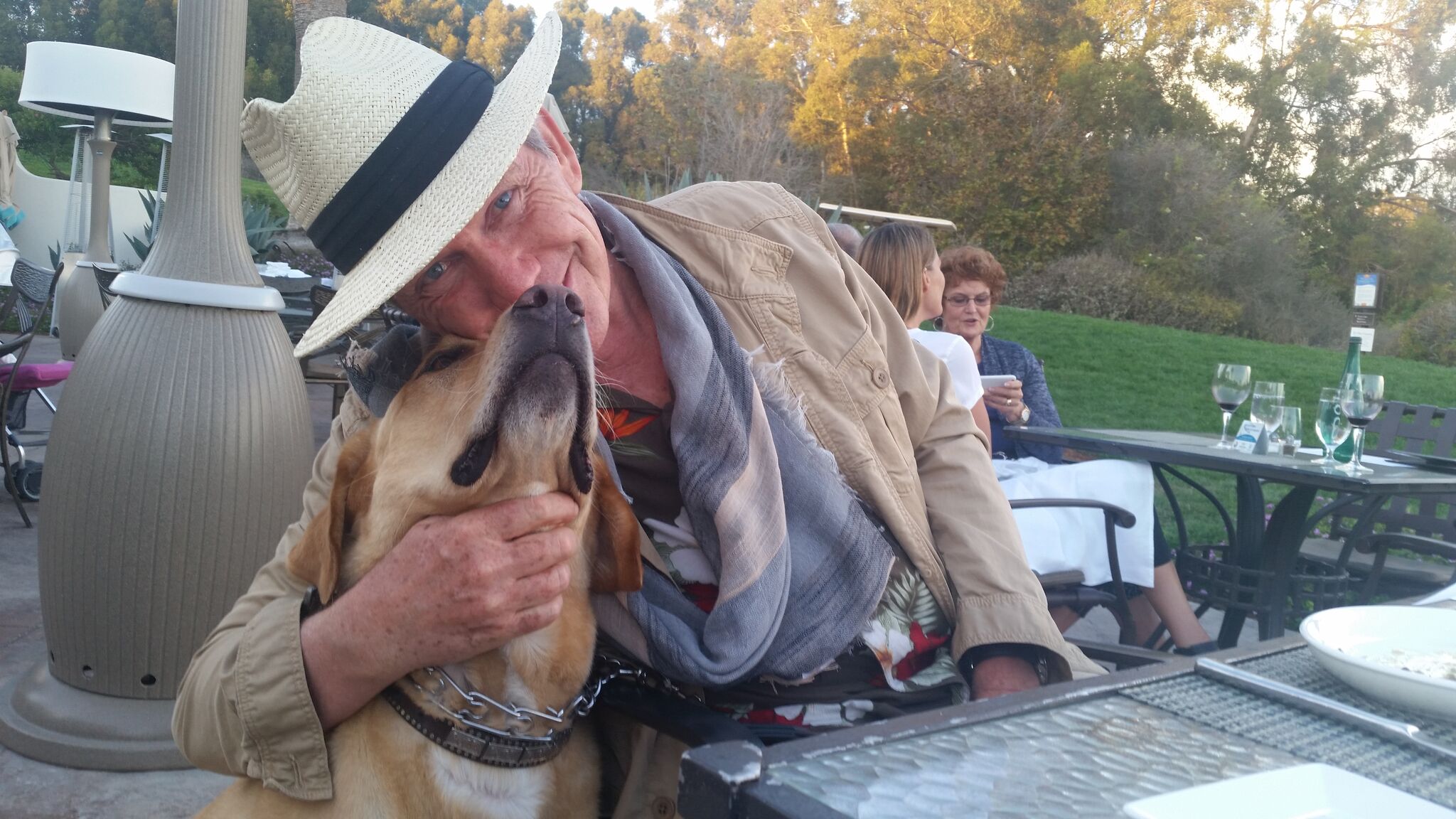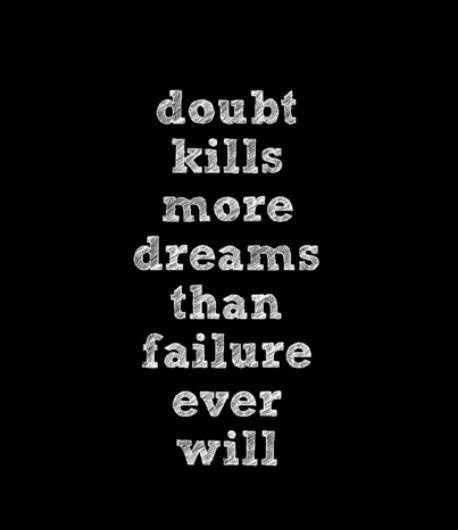By Alanna Brown, a LuxEcoLiving Advocate, creator of Brown House Online, and author of Moonpennies

The gatekeepers are gone. The agent, the editor, the lawyer, and the publishing house are no longer our end-all be-all in today’s literary world. User-friendly online tools like Smashwords, Lulu, and CreateSpace have empowered authors to industrialize their own art. I recently published my novel directly through Amazon and found it a cinch. It’s been a number of years since this revolution began, and it took a while for the masses to stop turning their noses up at indie authors as if they were second-class citizens. Although some still do.
And those who do, those who still need a sign-off from Penguin or Random House to feel like a veritable publishing success don’t know what they’re missing. Independent publishing offers countless benefits. In fact, some established authors are even choosing to relish the perks of this newfound sanction over the traditional approach. Author, blogger, and entrepreneur Penelope Trunk is one of them. She learned a thing or two last year when attempting to publish her book through a large, unnamed operation. It made her realize she could do all the things they were doing, and more. And better. “Print publishers have no idea how to market online,” she says.
Gasp.
Here are three big problems the old-timers are facing, and why it’s become more appealing to apply an entrepreneurial spirit to book distribution:
1) Overconfidence, or perhaps plain laziness, has prevented the big guys from mastering SEO, content marketing, and social media. This is unacceptable nowadays, with the position search engines and digital media have acquired. Television and print ads have become antiquated marketing methods in comparison to the supremacy of Twitter.
2) The big guys are slow, and indie publishing is fast. With your book in the proper format and the cover image complete, it takes about half an hour to publish your book online. Amazon will have it live in their store within 12 hours. Voilà—your book is out a year ahead of its prospective release date through a mainstream publisher.
3) The big guys are cutting back advances and still taking a huge chunk of the profit. Where a mainstream author gets a 15% royalty, Amazon gives the indie author a 70% royalty. Smashwords is even higher, with an 85% royalty.
James Altucher, an author who’s taken both routes, candidly discloses the abysmal lack of marketing effort he’s experienced with mainstream houses. Of the handful of books he’s released, the two he self-published sold more than five of his traditionally published books combined. He affirms that the chief inquiry of a big publishing company is, “How big is your platform?” Before even looking at a new author’s proposal, “They want to know how you can market the book and if they can make money on just your own marketing efforts,” says Altucher.
An added perk that he acknowledges is the control an indie author retains over his or her work. No strict editorial confinements. A cover image the author gets final say on. Some may look at this as a bad thing, since it creates leeway for sloppy, unedited books to fill the online outlets. And it may be more tedious for readers to weed through the typos before finding a well-written, expertly edited book.
Still, this is inconsequential for a truly good piece of writing. And on the publishing end, whether the book is released by the big guys or distributed in the fashion of sole proprietorship, marketing will rest principally in the author’s hands. The latter just makes the author more money.













